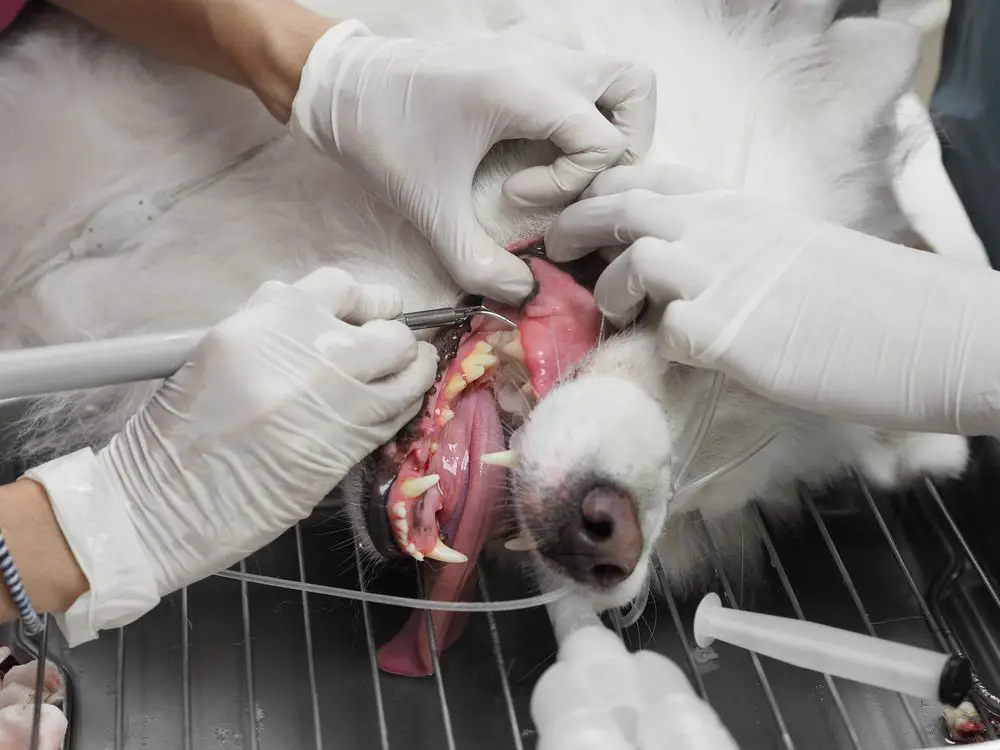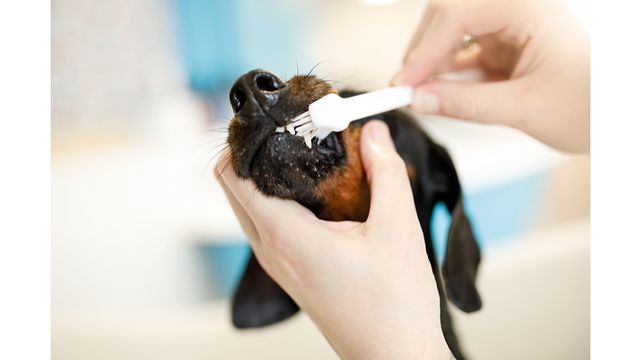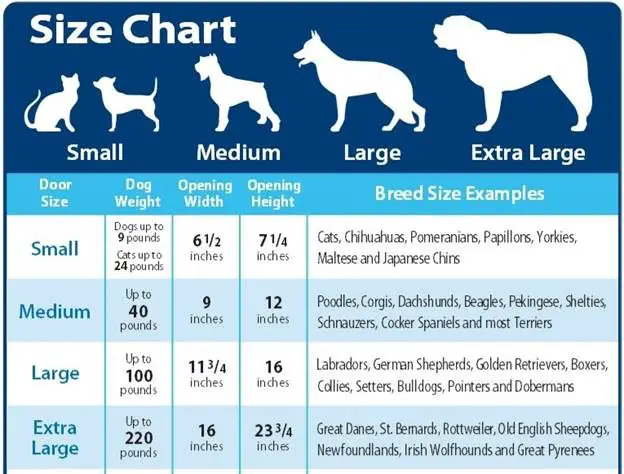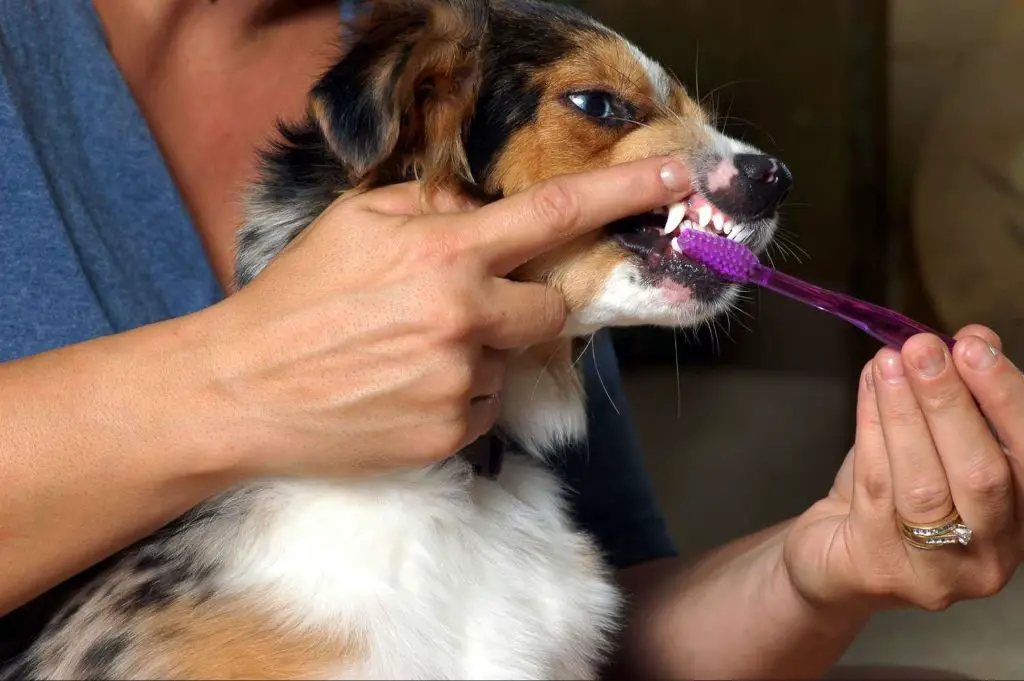Introduction
Proper dental care is extremely important for a dog’s overall health and wellbeing. Accumulation of plaque and tartar on the teeth can lead to periodontal disease, tooth loss, and systemic issues in other areas of the dog’s body. As a responsible pet owner, you want to ensure your dog’s teeth are cleaned regularly to prevent these problems.
For thorough dental cleanings, owners have two main options – taking their dog to the veterinarian or using a professional pet groomer. Both can provide a deep cleaning above and below the gumline to remove built-up plaque and tartar. This article explores the key differences between vet cleanings and professional groomer cleanings, including frequency, costs and other considerations, to help owners decide which is the better choice for their dog.
Veterinarian Teeth Cleanings
Veterinarians perform thorough dental cleanings and oral exams under general anesthesia. The vet will scale and polish the teeth to remove tartar and plaque above and below the gumline. They use dental scalers and polishers with a rotating or vibrating motion to clean each tooth thoroughly.

Vets will also check for any signs of oral disease or infection during the exam. If teeth are severely damaged or infected, the vet may extract them. They may apply a fluoride treatment after cleaning to help strengthen enamel and prevent future plaque buildup.
Overall, veterinarian dental cleanings are the most complete form of cleaning. The use of general anesthesia allows the vet full access to clean above and below the gumline and perform any needed extractions or treatments.
Frequency of Vet Cleanings
Veterinarians typically recommend professional teeth cleanings for dogs every 6-12 months. The frequency depends on the individual dog’s oral health and predisposition to plaque buildup and tartar. Some dogs may only need annual cleanings, while dogs prone to more severe dental disease may need cleanings twice a year.
Puppies often have their first vet cleaning around one year old to get their adult teeth cleaned as they come in. After this initial cleaning, the vet will be able to assess the dog’s unique needs and recommend an appropriate cleaning schedule, likely every 6-12 months.
Signs your dog may be due for a teeth cleaning from the vet include bad breath, discolored or tartar-coated teeth, inflamed gums, loose teeth or mouth pain. Your veterinarian will examine your dog’s mouth and determine if a professional cleaning is required at that time or if it can wait a few more months.
Cost of Vet Cleanings
Professional teeth cleaning from a veterinarian can be relatively pricey. On average, teeth cleanings from a vet will range from $200-$800 depending on a variety of factors:
- Location – Vet prices tend to be higher in major metro areas vs rural areas
- Vet office/clinic – Prices vary between vet practices based on overhead costs, equipment, staff, etc.
- Type/size of dog – Larger dogs and certain breeds often require more intensive cleanings which increases cost
- Severity of dental disease – Dogs with significant plaque/tartar buildup or other dental issues may require more time, anesthesia, x-rays, etc.
- Included procedures – Basic cleaning vs additional services like extractions, fluoride treatment, polishing, antibiotics, etc.
While the average cost ranges $200-$800, simple cleanings could start around $100 while extensive dental work with extractions/surgery could cost over $1,000.
Professional Groomer Teeth Cleanings
Professional dog groomers can also provide teeth cleaning services for dogs as part of their grooming packages. Groomers will typically use a canine toothbrush and toothpaste to brush the dog’s teeth. This helps remove plaque and tartar buildup on the surface of the teeth. Groomers can also use dental scalers, which are instruments that scrape tartar and calculus off from above and below the gumline. The teeth may also be polished using a polishing paste and specialized cup or brush to smooth and shine the teeth.

Groomer teeth cleanings are done by hand, similar to brushing your own dog’s teeth at home. However, groomers are experienced at handling dogs during the process. They also have access to professional dental supplies and tools. This allows them to clean the teeth more thoroughly than the average owner can do alone. However, groomer cleanings do not replace veterinary dental cleanings under anesthesia.
Frequency of Groomer Cleanings
Professional groomers recommend bringing your dog in for teeth cleanings every 4-8 weeks. This allows the groomer to routinely inspect, scale, and polish your dog’s teeth to prevent tartar buildup and keep their mouth healthy.
Most groomers suggest bringing small dogs in every 4-6 weeks since their teeth are more crowded and prone to issues. For medium and large breed dogs, groomers typically recommend cleanings every 6-8 weeks.
By following this schedule of regular professional teeth cleanings every 4-8 weeks, you can help minimize plaque and tartar on your dog’s teeth in between their more thorough veterinary dental cleanings.
Cost of Groomer Cleanings

Most professional dog groomers charge between $10-$30 to clean your dog’s teeth during a regular grooming appointment. The exact price can vary depending on your geographic location and the individual rates set by each grooming business. Groomers in higher cost-of-living urban areas may charge closer to $30, while more affordable rural groomers may offer cleanings for $10-15.
Similar to vet cleanings, the size of your dog can also impact the price. Small dogs usually fall on the lower end around $10-15, while larger dogs may be $25-30. This is because larger dogs require more time, effort and grooming products to properly clean their teeth.
When comparison shopping groomers, be sure to clarify exactly what tooth cleaning services are included. Some groomers may offer a very quick teeth brushing for just a few dollars extra, while others provide a full dental scrub and polish comparable to a veterinary cleaning.
Comparing Vet vs Groomer Cleanings
When comparing veterinarian teeth cleanings to professional groomer cleanings, there are some key differences to consider in terms of depth, frequency and cost:
Depth – Veterinarians are able to perform the most thorough cleanings, including below the gumline. This requires the dog to be under anesthesia. Professional groomers do more of a surface cleaning and can’t safely go under the gumline. However, groomers use specialized tools and can still remove more plaque and tartar than an owner could at home.
Frequency – Veterinary dental cleanings are recommended once or twice a year for most dogs. Groomer cleanings can be done more frequently, such as every 6-8 weeks. The frequency will depend on the individual dog’s dental health and plaque buildup rate.
Cost – Full veterinary dental cleanings typically range from $300-500 but can be higher depending on extractions or other procedures needed. Groomer cleanings are more affordable, often $10-30 as an add-on service during a regular grooming appointment. Some mobile groomers offer dental cleanings for under $100.
In summary, veterinarians offer the gold standard for canine dental care but groomers provide a more regular maintenance option. Groomer cleanings can help keep plaque under control between vet visits. For dogs prone to rapid tartar buildup, utilizing both professional services is ideal.
Additional Considerations
While professional teeth cleanings from vets and groomers are important, it’s also crucial that pet owners provide dental care at home between cleanings. Daily tooth brushing and dental chews can help reduce plaque buildup and keep your dog’s teeth clean. Switching to a veterinary dental diet formulated to reduce tartar can also make a big difference in your dog’s oral health.
Work with your vet to determine the right home dental care plan for your dog based on their needs. Your vet may recommend specific toothpaste, brushes, chews or dental diets tailored to your dog. Establishing a routine of home care in addition to periodic professional cleanings is key to maintaining your dog’s dental health and preventing more serious issues down the road.

Conclusion
Regular dental cleanings are essential for dogs, improving their oral health and preventing serious dental problems like periodontal disease. Both veterinarians and professional groomers offer teeth cleanings, but have key differences in frequency, cost, and depth of cleaning. Veterinarians can provide a deeper clean and check for underlying dental issues and disease, while groomers offer more frequent and affordable maintenance cleanings. Ultimately, the ideal dental care routine may involve both types of cleanings. For optimal oral health and to minimize dental disease risk, veterinary dental cleanings every 6-12 months combined with professional grooming cleanings every 4-6 weeks is recommended. With professional cleanings and daily tooth brushing at home, dog owners can keep their pet’s teeth clean and healthy for years to come.